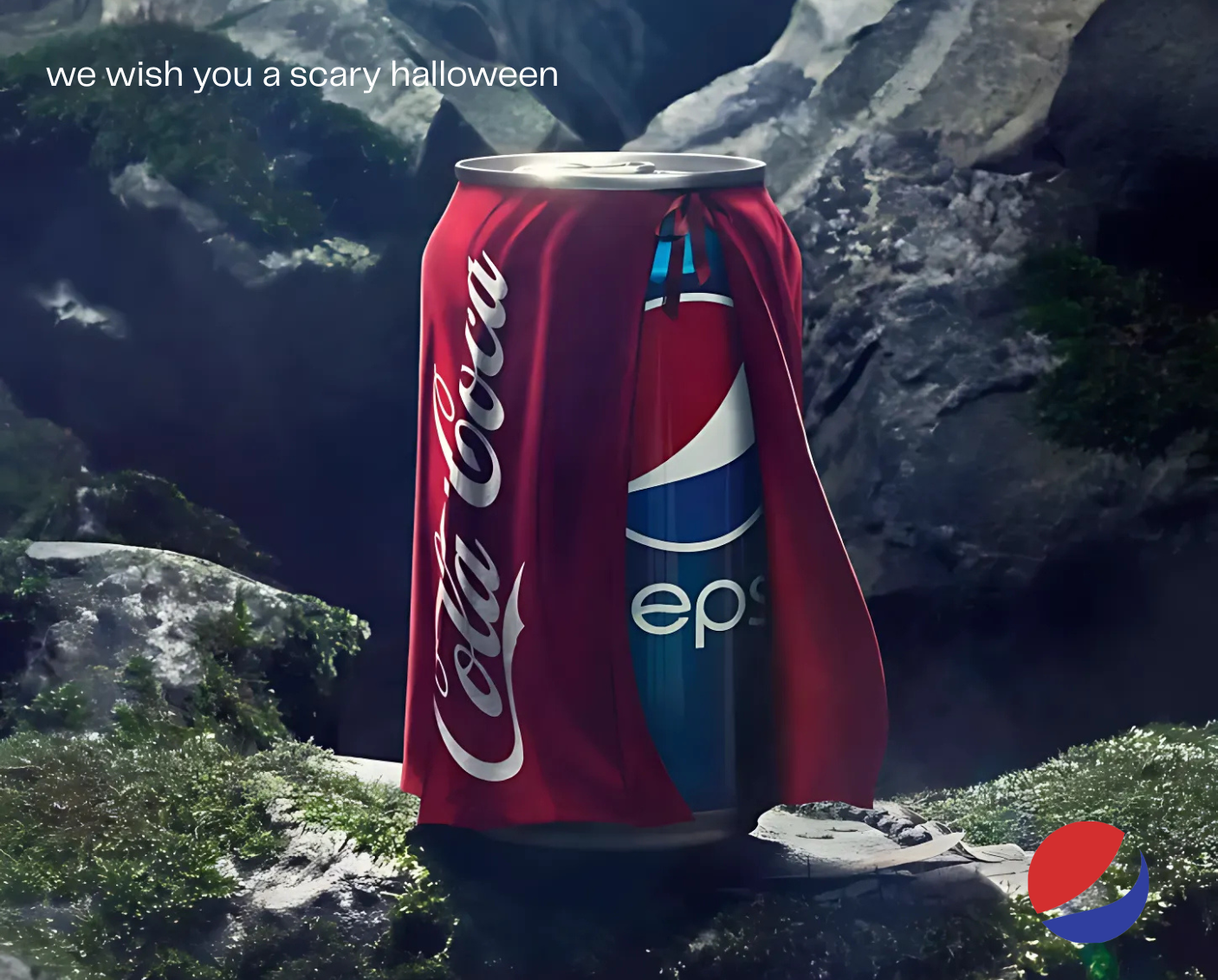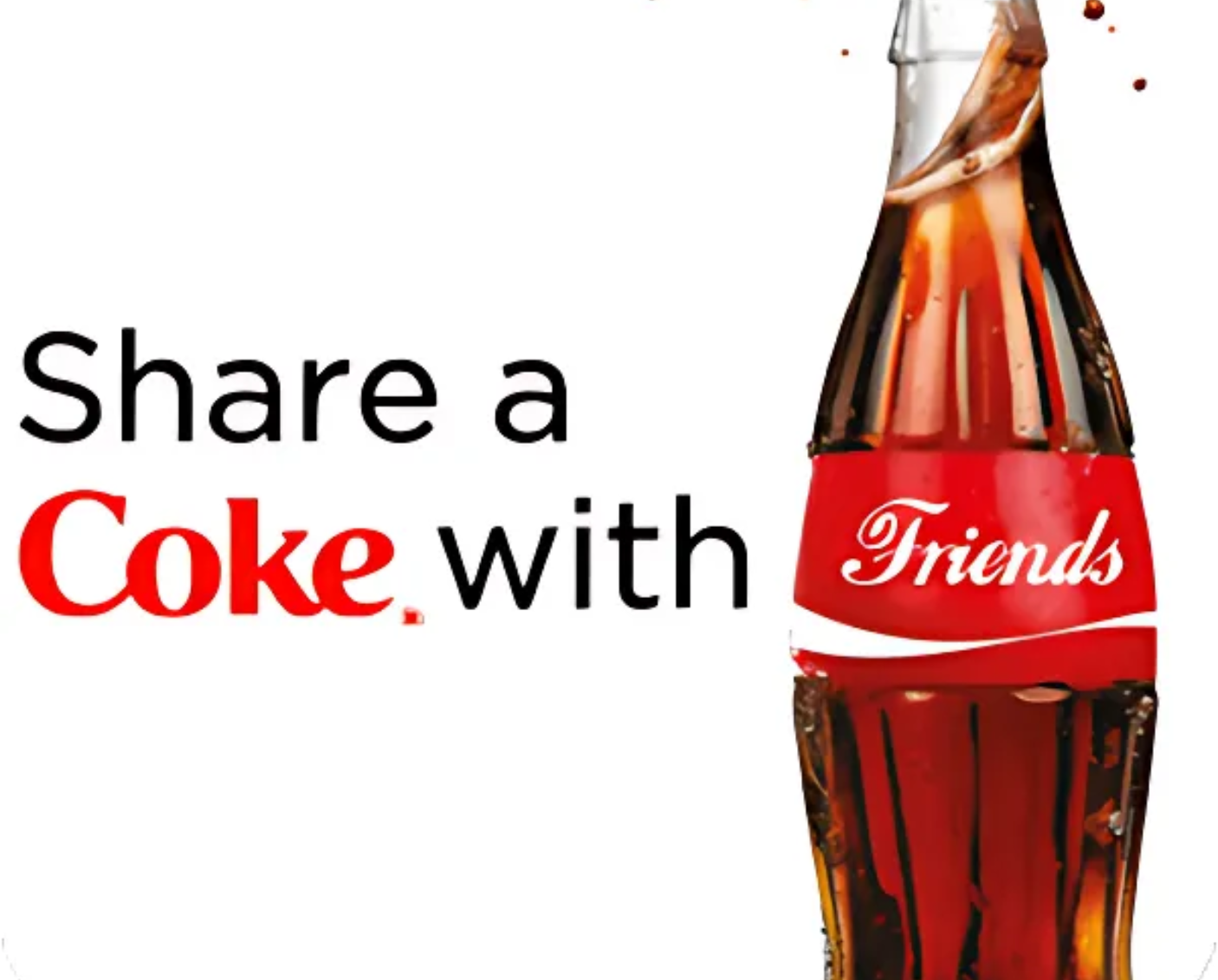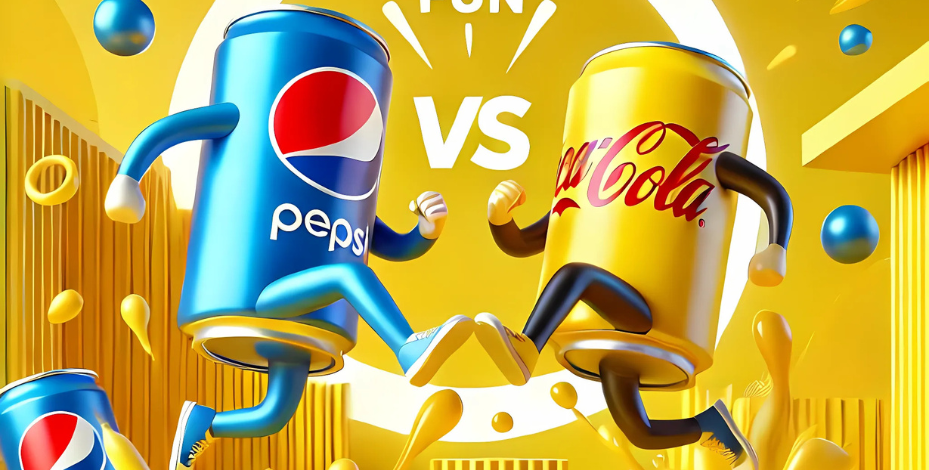Two Titans of Cola: Pepsi and Coca-Cola
When you think of cola beverages, two iconic names instantly come to mind: Pepsi and Coca-Cola. Both brands have cultivated immense global followings, earning remarkable loyalty from their consumers. This loyalty, however, didn’t come easily; it’s the result of carefully crafted marketing strategies. Whether it’s through engaging meme marketing or leveraging celebrity endorsements, both brands excel at connecting with their audience through unique tones and approaches. Let’s delve into their strategies to understand how these cola giants stay ahead in the competitive beverage market.
The "Cola Wars": A Historic Rivalry
The long-standing rivalry between Pepsi and Coca-Cola, often referred to as the “Cola Wars,” has been a defining feature of their brand identities. This fierce competition has shaped their marketing tactics for decades. As a digital marketing agency, we understand the critical importance of reaching consumers effectively, and by analyzing the strategies of these two giants, we can gain valuable insights into creating impactful campaigns.
Table of Contents
- Overview of the Brands
- Target Audience Analysis
- Marketing Strategies of Pepsi
- Marketing Strategies of Coca-Cola
- Conclusion
Overview of the Brands
Pepsi
Pepsi’s journey began in 1893, when Caleb Bradham introduced a beverage called “Brad’s Drink” as a remedy for indigestion. By 1898, it was rebranded as Pepsi-Cola, and over the years, it evolved into a formidable competitor to Coca-Cola. By the 1930s, Pepsi had established itself as the second most popular soft drink globally. In 1965, PepsiCo was formed, transforming the brand into a global powerhouse.
Today, PepsiCo operates in over 200 countries, reporting more than $91 billion in revenue in 2023. Pepsi’s bold marketing campaigns focus on youth culture, innovation, and dynamic advertising, making it the second most valuable soft drink brand worldwide.
Coca-Cola
Coca-Cola, synonymous with happiness, traces its roots back to 1886 in Atlanta, Georgia, where John Pemberton initially sold just nine servings a day. The name itself translates to “Delicious Happiness” in Mandarin, reflecting the brand’s commitment to spreading joy.
Over time, Coca-Cola has grown into a global phenomenon, offering a diverse portfolio that includes sparkling beverages like Fanta and Sprite, and hydration options such as Dasani and smartwater. With a focus on innovation, sustainability, and global reach, Coca-Cola continues to dominate the soft drink market.
Target Audience Analysis
Pepsi
Pepsi’s primary audience consists of teens, young adults, and early middle-aged consumers globally, with a strong appeal to millennials and Gen Z. The brand aligns itself with music, sports, and pop culture, engaging its audience through vibrant campaigns like the Michael Jackson ad and the “Joy of Pepsi” series. By collaborating with trendsetters and influential figures, Pepsi maintains its connection with the younger generation, fostering excitement and loyalty.
Coca-Cola
Coca-Cola targets a slightly broader demographic, focusing primarily on consumers aged 10 to 25, while also appealing to a secondary audience of 25 to 40-year-olds. The brand’s marketing campaigns emphasize inclusivity and community, resonating with people across generations. Coca-Cola’s innovative campaigns and product lines ensure its relevance in the lives of both younger and older consumers, making it a universally recognized brand.
Marketing Strategies of Pepsi
Social Media Engagement
Pepsi excels in social media marketing, with engaging campaigns tailored to resonate with its audience. With over 138k followers on Instagram, Pepsi actively shares interactive content, user-generated posts, and relatable campaigns. For example, their “Yeh Dil Maange More” campaign, cleverly adapted for Father’s Day as “Yeh Dads Maange More,” added a personal, humorous touch.
Celebrity Endorsements
Pepsi’s use of celebrity endorsements has been a cornerstone of its marketing success. Iconic collaborations include Michael Jackson, Britney Spears, and Beyoncé. In India, Bollywood actor Ranveer Singh’s “Rise Up Baby” campaign garnered over 100 million views, reinforcing Pepsi’s cultural relevance.
Influencer Marketing
Pepsi leverages influencer marketing to create authentic connections with its audience. Collaborations with influencers like Avanti Nagral have resulted in successful campaigns, such as a Friendship Day rap celebrating relationships, which resonated deeply with Gen Z.
SEO Optimization
Pepsi’s SEO strategy is robust, boasting 170.9k organic website visitors. With 1.7 million backlinks, Pepsi effectively strengthens its online visibility and ranks highly in search results by targeting a wide array of relevant keywords.
Marketing Strategies of Coca-Cola
Social Media Marketing
Coca-Cola’s digital presence is vibrant, engaging, and trend-focused. The brand celebrates special occasions and taps into pop culture moments, such as honoring Neeraj Chopra’s Olympic medal win in 2024. From Emoji Day to Friendship Day, Coca-Cola’s social media never misses an opportunity to connect with its audience.


Meme Marketing
Coca-Cola effectively uses memes to engage millennials and Gen Z. A standout example includes their partnership with Swiggy, creating humorous posts that resonated with younger audiences, enhancing brand relatability.
Iconic Television Campaigns
Coca-Cola’s legacy of iconic ads includes campaigns like “Share a Coke,” which personalized bottles to foster a sense of community. Other memorable ads, such as “Khud Ko Jagaa, Ek Thanda Lagaa,” highlight the joy of life’s little moments, reinforcing the brand’s ethos of togetherness.
SEO Optimization
Coca-Cola’s SEO strategy ensures high visibility with 51.8k organic website visitors. By targeting brand-related and local search keywords, the company enhances user engagement and search rankings without relying on paid search traffic.
Conclusion
Pepsi and Coca-Cola exemplify the power of innovative marketing in sustaining brand dominance. Pepsi captures the energy of youth through vibrant campaigns, celebrity endorsements, and influencer collaborations. Coca-Cola, on the other hand, builds emotional connections with audiences through timeless campaigns, meme marketing, and a focus on joy and togetherness.
The “Cola Wars” showcase the importance of evolving with consumer preferences while staying true to brand identity. For businesses looking to refine their marketing strategies, the success of these brands offers valuable lessons. Reach out to us at hello@optyreach.com to craft impactful campaigns that resonate with your audience.







